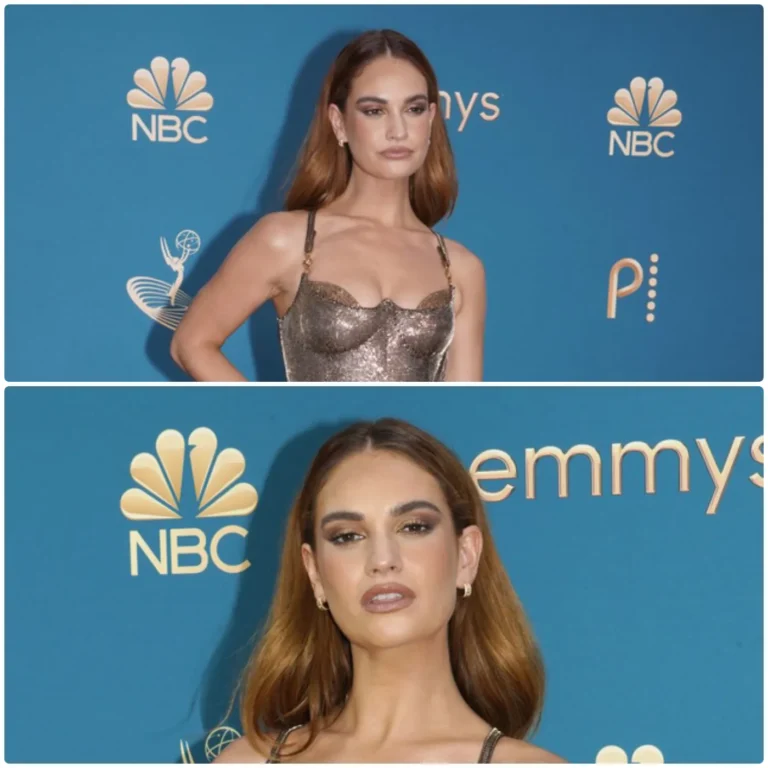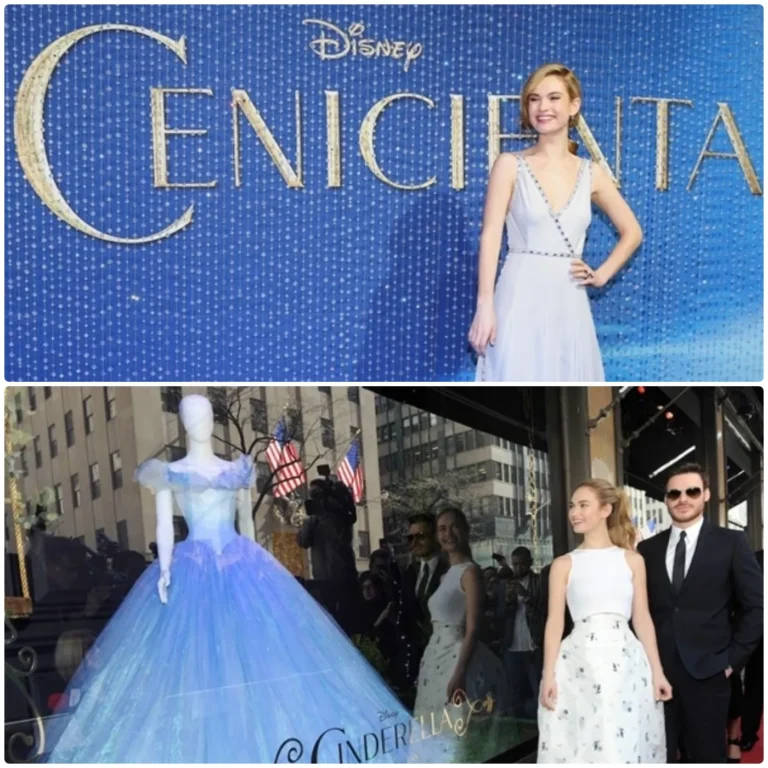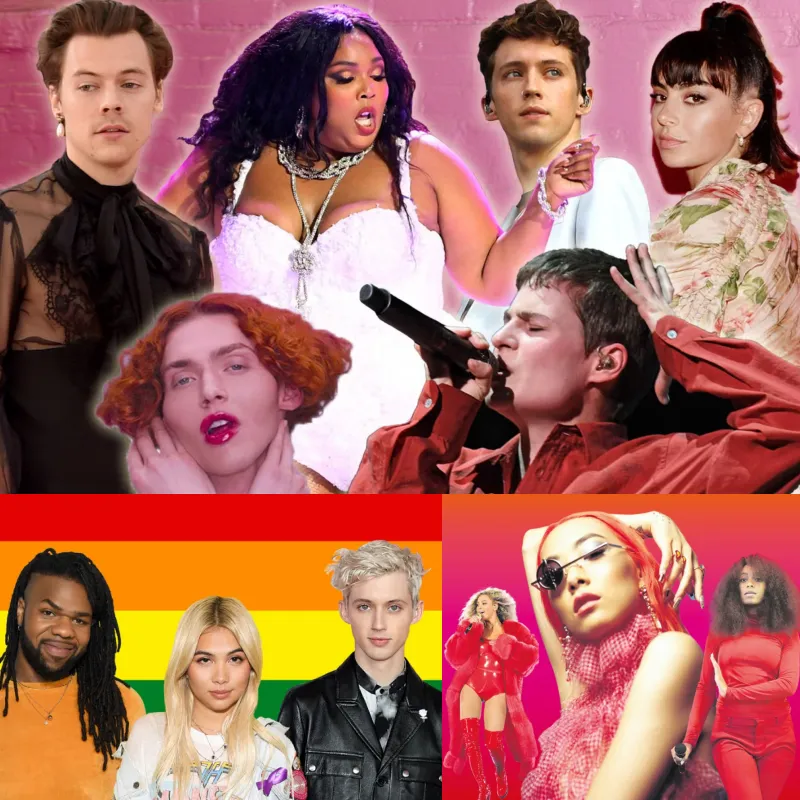
Generational views on sexuality are changing fast, and nowhere is this more evident than in pop music. Artists today are breaking down taboos, challenging stereotypes, and redefining what it means to discuss sex and sexuality. In fact, some might say today’s pop music is making sexuality a more open and multifaceted topic than ever before.
Take Troye Sivan, who sparked debate by challenging a journalist’s invasive question about his sexual preferences. The media reaction was mixed, but largely supportive, with some questioning why it’s hard for older generations to grasp that millennials and Gen Z might discuss sex differently—not less. While news stories claim millennials are having less sex due to stress and modern life pressures, in pop music, the topic is everywhere. And it’s evolving: conversations now cover LGBT+ relationships, gender fluidity, body positivity, and breaking down traditional masculinity and femininity norms.
Religion, Gender, and Sexual Identity – Pushing Boundaries
Queer artists like Serpentwithfeet and Nakhane use their music to address their religious upbringing and explore their identities. Serpentwithfeet, who once sang in an all-boys choir, now blends gospel with lyrics about his same-sex relationships, transforming religion into a new way to celebrate love. Nakhane, too, merges themes of sexual and religious worship in tracks like “Teen Prayer,” embracing reappropriation to take power back from oppressive ideologies. Legendary musician Prince pioneered this interplay between faith and sexuality, with many describing his songs as both religious and erotic. His influence is clear in modern artists like London-based Collard, who, having grown up in a Mormon household, explores love and lust through a similar lens.
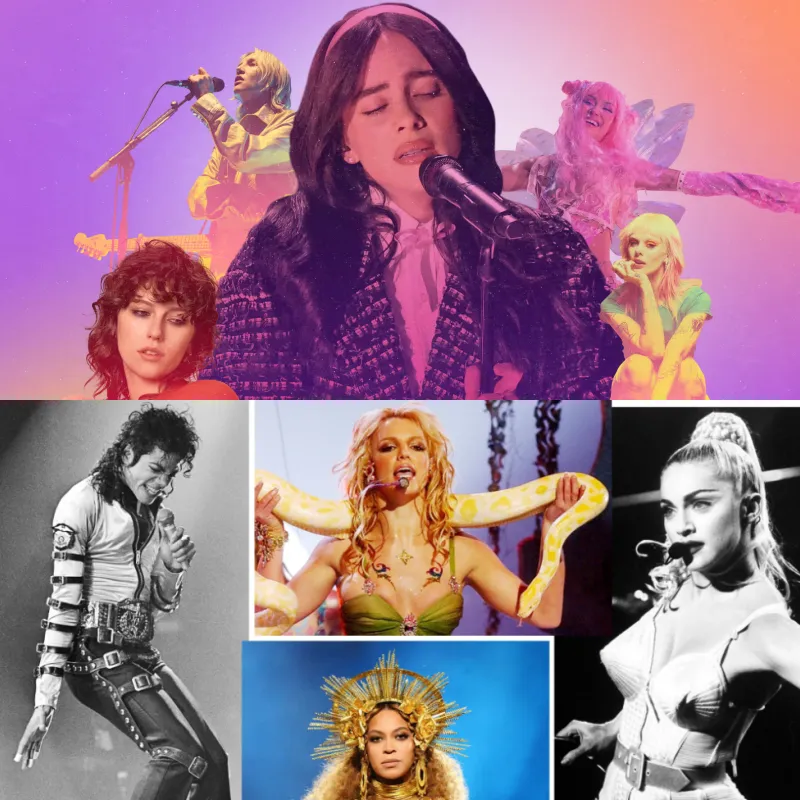
Women and Sexual Agency – The New Narrative
Female artists are redefining how pop music talks about women’s desires. Lizzo is breaking down traditional standards with unapologetic lyrics and self-assured, body-positive performances. Her hit, “Juice,” subverts the idea of being merely a “snack” and proclaims herself the “whole damn meal.” Lizzo’s music encourages women to embrace their full identities without apologizing for it. Similarly, Ariana Grande’s “God is a Woman” and King Princess’s “Pussy is God” elevate female sexuality, tying it to divine power and creation.
Many other pop hits are openly exploring themes of female pleasure, like Hailee Steinfeld’s “Love Myself” and Charli XCX’s “Body of My Own,” which make self-love and female agency clear themes. L Devine’s “Naked Alone” challenges the idea that female sexuality is something to be coy about, reclaiming narratives traditionally reserved for men. As Devine herself noted, women are now free to discuss their sexuality without shame.
Gender Fluidity and the End of Labels
Today’s pop artists are also reflecting an evolving understanding of gender and sexuality, with some artists moving away from traditional labels. Harry Styles, for instance, has declined to define his sexuality, suggesting instead that it isn’t necessary to do so. This stance resonates with artists like Lizzo, who sees sexuality on a spectrum and doesn’t want to box herself into any specific label. SOPHIE, a trans producer and performer, embraces gender fluidity and a queer aesthetic in her music, breaking from traditional definitions and creating a space that’s inclusive and free of stereotypes.
Many artists today are keeping gender ambiguous when addressing their lovers in songs, inviting listeners to experience the music without associating it with one particular sexual orientation. This shift creates a more inclusive musical landscape where listeners can find pieces of their own identities reflected.
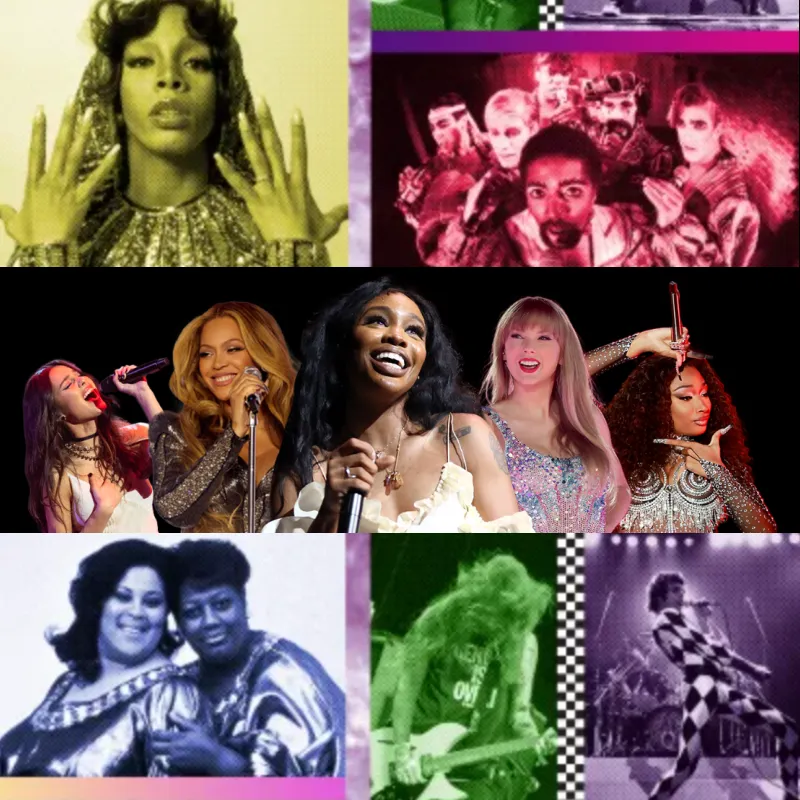
Challenging Double Standards
Some artists use their music to confront double standards. Taylor Swift’s song “The Man” contrasts the scrutiny she faces in her personal life with the freedom male celebrities, like Leonardo DiCaprio, enjoy when dating. Marika Hackman, a British singer-songwriter, challenges stereotypes about lesbian relationships and female sexuality on tracks like “Boyfriend” and “Hand Solo,” playfully debunking myths that invalidate same-sex desire.
Pop’s Future: More Open, Less Taboo
While previous generations had artists like Janis Joplin and Prince to validate young listeners’ desires, today’s pop music scene is pushing the conversation even further. Now, artists are confronting gender, religion, body positivity, and sexual identity head-on. As the narratives around sexuality evolve, today’s music offers new ways for listeners to connect, learn, and see themselves represented.
Pop music is no longer just about entertainment—it’s a platform for expression, advocacy, and change. It’s time to embrace the messages these artists bring and recognize the power of open conversations. Want to experience the evolution? Tune in to these artists, and let’s keep the dialogue going.
